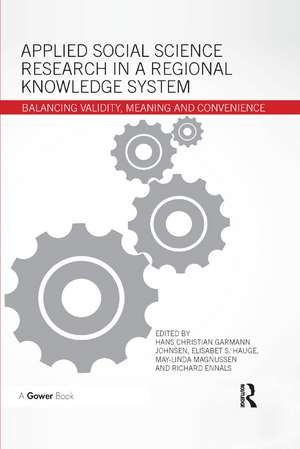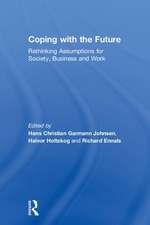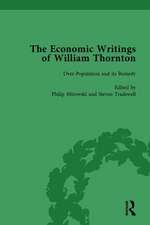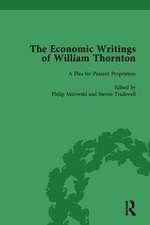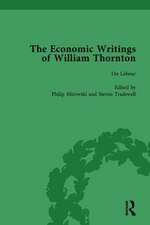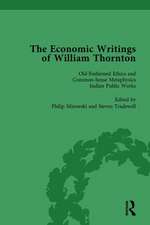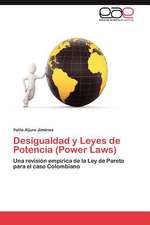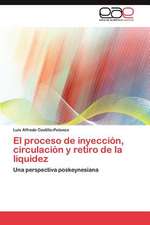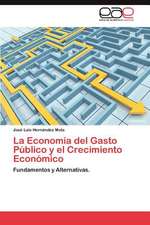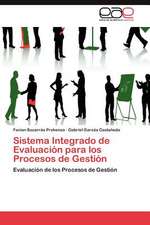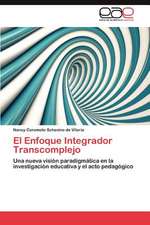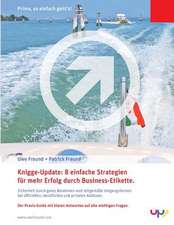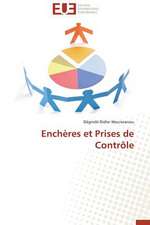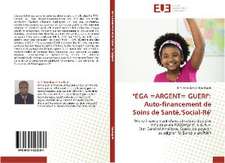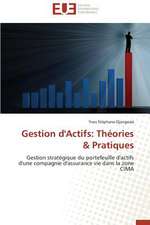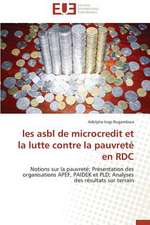Applied Social Science Research in a Regional Knowledge System: Balancing validity, meaning and convenience
Editat de Hans Christian Garmann Johnsen, Elisabet S. Hauge, May-Linda Magnussen, Richard Ennalsen Limba Engleză Paperback – 12 dec 2019
- the spatial dimension of knowledge development;
- understanding regional practice;
- explaining regional practice;
- influencing regional social practice.
A useful resource for both policy makers and researchers, the book helps readers reflect on the type of mutual competence building that applied social science research implies, and depends on, in a regional knowledge development process. It represents a voice on how to understand the development of the knowledge society at regional and global levels.
| Toate formatele și edițiile | Preț | Express |
|---|---|---|
| Paperback (1) | 263.36 lei 6-8 săpt. | |
| Taylor & Francis – 12 dec 2019 | 263.36 lei 6-8 săpt. | |
| Hardback (1) | 822.34 lei 6-8 săpt. | |
| Taylor & Francis – 12 oct 2016 | 822.34 lei 6-8 săpt. |
Preț: 263.36 lei
Preț vechi: 313.17 lei
-16% Nou
Puncte Express: 395
Preț estimativ în valută:
50.40€ • 52.07$ • 41.92£
50.40€ • 52.07$ • 41.92£
Carte tipărită la comandă
Livrare economică 19 martie-02 aprilie
Preluare comenzi: 021 569.72.76
Specificații
ISBN-13: 9780367884390
ISBN-10: 0367884399
Pagini: 336
Dimensiuni: 156 x 234 mm
Greutate: 0.62 kg
Ediția:1
Editura: Taylor & Francis
Colecția Routledge
Locul publicării:Oxford, United Kingdom
ISBN-10: 0367884399
Pagini: 336
Dimensiuni: 156 x 234 mm
Greutate: 0.62 kg
Ediția:1
Editura: Taylor & Francis
Colecția Routledge
Locul publicării:Oxford, United Kingdom
Cuprins
Part I: The special dimension of knowledge development
1. Developing a sustainable business model in a changing economy
Roger Henning Normann, Eugene Guribye and Kristin Wallevik
2. Why Norway has to develop its own innovation policy
Arne Isaksen
3. Knowledge transfer in different regional contexts
Nina Kyllingstad and Elisabet S. Hauge
4. Collective knowing
James Karlsen and Miren Larrea
Part II: Understanding regional practice
5. Opening or reproducing understandings
Mikaela Vasstrøm
6. Social integration of refugees
May-Linda Magnussen and Ingunn Kvamme
7. Comparative reflection
Hanne Haaland and Hege Wallevik
8. Phenomenology of music students
Elisabet S. Hauge
9. Power and knowledge
Jørn Cruickshank and Hege Wallevik
Part III: Explaining regional practice
10. Network ties between universities and cultural and creative industries
Barbara Zyzak, Rómulo Pinheiro and Elisabet S. Hauge
11. The usefulness of applied research
Christine Svarstad and Ellen Nyhus
12. Regional knowledge infrastructure
Sissel Strickert
13. The Mittelstand
Michael Ricke, Kristin Wallevik and Geir Jørgensen
Part IV: Influencing regional social practice
14. Getting China-ready
Sarah Holst Kjær
15. Business models for new experiential services
Tor Helge Aas and Geir Jørgensen
16. Commitment to sustainability in Agder
Stina Torjesen and Karen Landmark
17. Universities’ external relations
Hans Chr. Garmann Johnsen
1. Developing a sustainable business model in a changing economy
Roger Henning Normann, Eugene Guribye and Kristin Wallevik
2. Why Norway has to develop its own innovation policy
Arne Isaksen
3. Knowledge transfer in different regional contexts
Nina Kyllingstad and Elisabet S. Hauge
4. Collective knowing
James Karlsen and Miren Larrea
Part II: Understanding regional practice
5. Opening or reproducing understandings
Mikaela Vasstrøm
6. Social integration of refugees
May-Linda Magnussen and Ingunn Kvamme
7. Comparative reflection
Hanne Haaland and Hege Wallevik
8. Phenomenology of music students
Elisabet S. Hauge
9. Power and knowledge
Jørn Cruickshank and Hege Wallevik
Part III: Explaining regional practice
10. Network ties between universities and cultural and creative industries
Barbara Zyzak, Rómulo Pinheiro and Elisabet S. Hauge
11. The usefulness of applied research
Christine Svarstad and Ellen Nyhus
12. Regional knowledge infrastructure
Sissel Strickert
13. The Mittelstand
Michael Ricke, Kristin Wallevik and Geir Jørgensen
Part IV: Influencing regional social practice
14. Getting China-ready
Sarah Holst Kjær
15. Business models for new experiential services
Tor Helge Aas and Geir Jørgensen
16. Commitment to sustainability in Agder
Stina Torjesen and Karen Landmark
17. Universities’ external relations
Hans Chr. Garmann Johnsen
Notă biografică
Hans Christian Garmann Johnsen is a professor in the Faculty of Economics and Social Sciences at the University of Agder in Norway. He is a specialist in the study of working life and innovation. For 15 years Garmann Johnsen has been involved in a national research programme into collaborative innovation. He has written and presented papers and authored journal articles published worldwide. Richard Ennals is a visiting professor at the Swedish Royal institute of Technology, and a director of the UK Work Organisation Network. He is Vice-Chair of the World Council for Total Quality and Excellence in Education. Ennals is Review Editor of the journal AI and Society and has himself authored many books, papers and journal articles.
Descriere
With the changing economic environment, the Editors question what impact this will have on applied researchers around the world. What can we learn from their cases? What can one region learn from another? With increased pressure on researchers to achieve academic reputation, how does this fit with the demands for greater practical applicability? Fo
